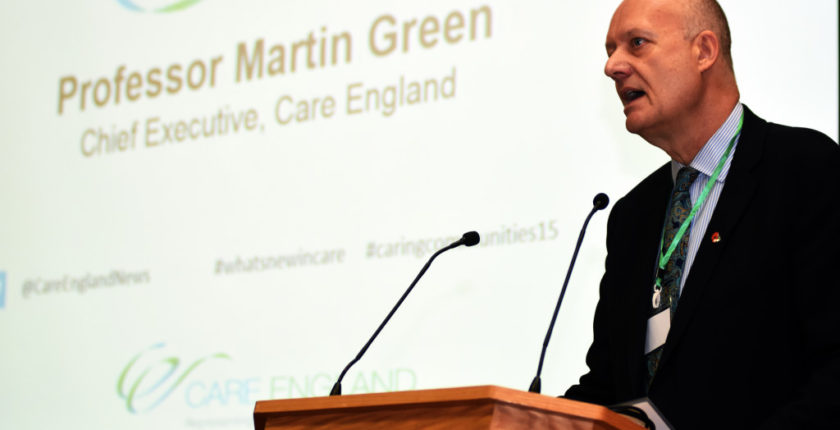Care leaders call for urgent action to end ‘fragility’ of social care system
[ad_1]
 Professor Martin Green.
Professor Martin Green.Care leaders have called for urgent action to support the fragile social care system in the wake of today’s CQC State of Care report.
The report calls for incentives to bring health and social care organisations together to end the extremes of care quality seen across the country, as well as a sustainable funding model to help ease the strain on the sector.
Professor Martin Green OBE, Chief Executive of Care England said: “CQC’s report makes it clear that there is no room for complacency. It recognises that tipping point has been reached for some people who are not getting the care that they need; however the fortunes for next year are ominous.

Advertisement
“If health and social care really are hand in glove as the Government purports, it is important to offer the same opportunities in terms of recruitment, retention and training to all staff whether in health or social care. Otherwise we are in danger of an integration lottery and this is all the more concerning with the perpetual winter pressures impacting on the acute services and beyond.”
Independent Care Group Chair Mike Padgham added: “Today we have the Government’s own inspection body, the Care Quality Commission, talking about the fragility of the adult social care market and warning that unless a funding solution is found, money being pumped into the NHS will be spent treating people with complex conditions who should have been picked up by social care earlier.
“We need an end to the situation where the care you get depends on where you live and action taken to stem the rising number of people who just aren’t getting care at all.”
Vic Rayner, Executive Director of the NCF, said: “The CQC perspective across the whole of health and care has shone a light on the inherent co-dependencies across our fragmented system, and provides further evidence of how futile it will be to significantly invest in health without embedding sustainability and growth in social care.”
[ad_2]
Source link

